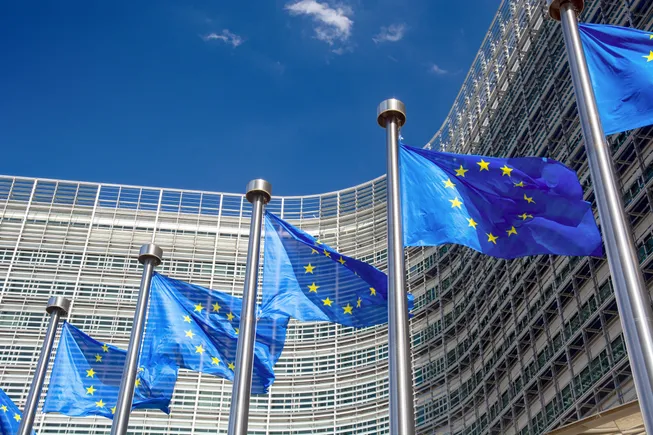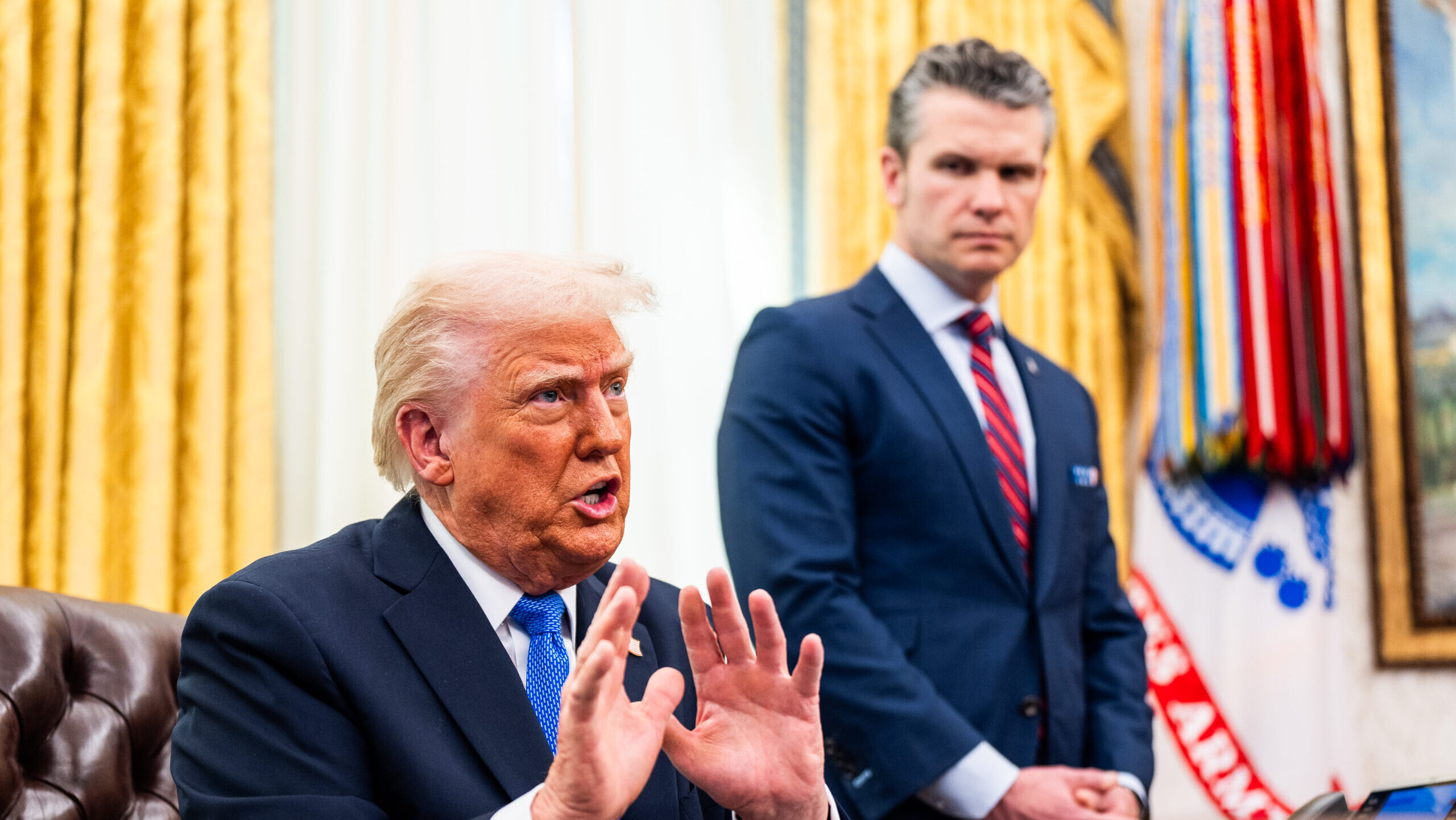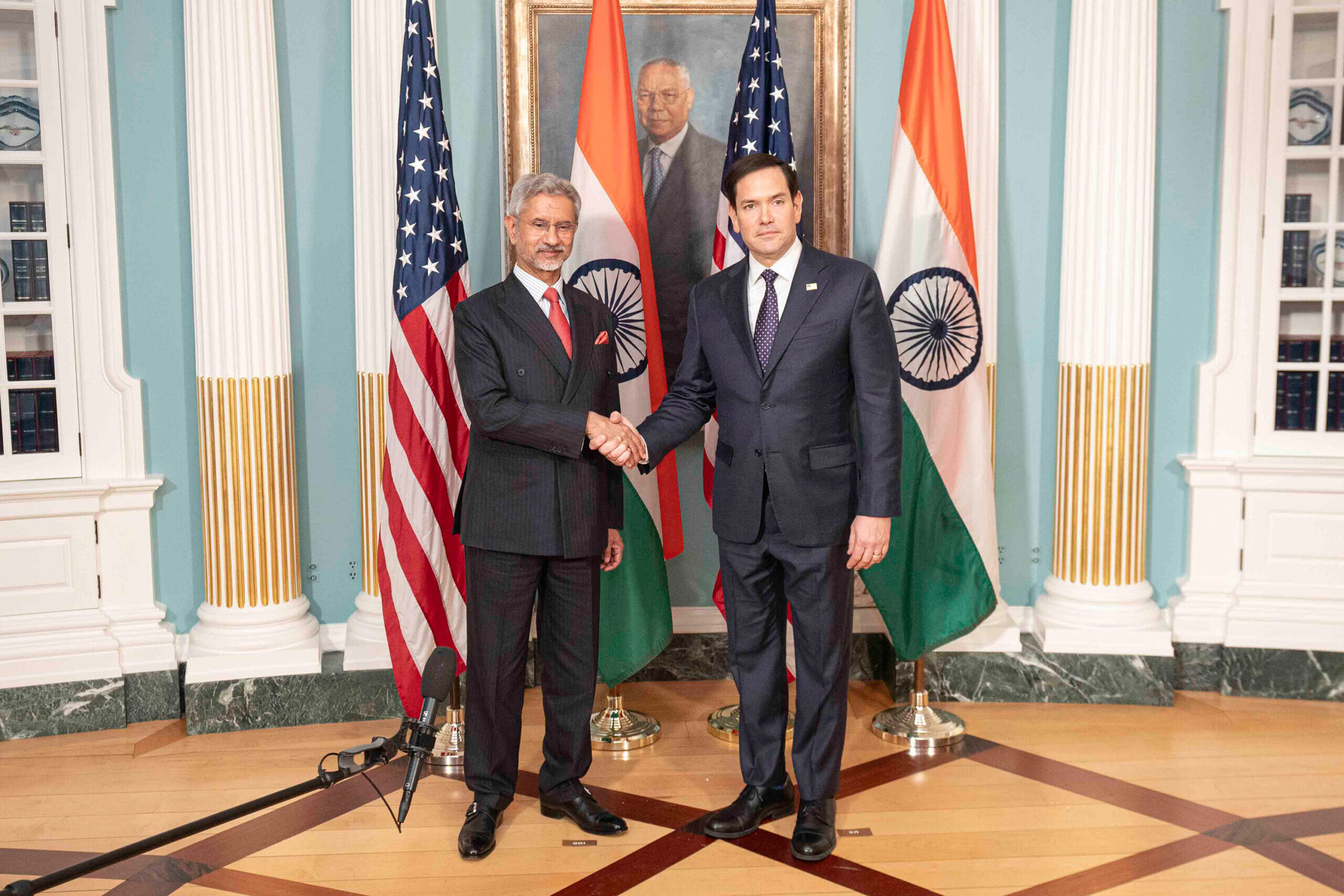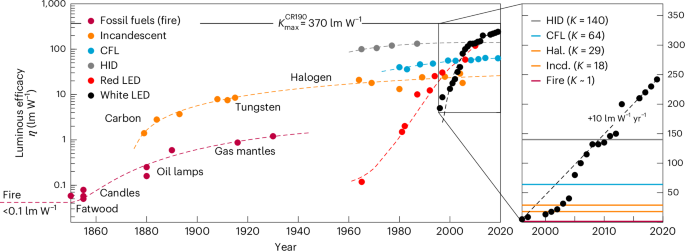Letter to the Brazilians, 1977
I have never signed an open letter, for the usual reasons people adopt this policy. But the recent proliferation of law faculty letters made me curious about their history and impact. So, as one does in 2025, I asked ChatGPT for a Deep Research report on this question. The most interesting example it turned up was the "Carta aos Brasileiros"--Letter to the Brazilians--of 1977. This episode, new to me, offers a thought-provoking case study for both sides of the current debate over the ethics and efficacy of such letters. It should also interest anyone concerned with democratic backsliding and the rule of law.Drafted by Professor Goffredo da Silva Telles of the University of São Paulo, the "Carta" was cosigned by dozens of prominent legal scholars and declaimed by Prof. Goffredo before an audience of thousands in the university courtyard. It condemned the illegitimacy of any government “founded on force,” rather than the will of the people, and memorably defined dictatorship as a regime that “governs for us, but without us.” Goffredo was a well-known anti-Marxist and conservative, making him an especially effective messenger. The letter is often credited as a catalyst for Brazil’s gradual return from military dictatorship to constitutional government in subsequent years.From a 21st Century American standpoint, the letter is peculiar in a number of respects. For one thing, it is 4200 words long. It probably took 30-40 minutes for Prof. Goffredo to recite aloud. For another, the letter is dense with theoretical distinctions--between "what is legal and what is legitimate," between "order, power, and force," between ordinary and higher law, between "the rule of law," "the state of fact," "the state of exception," and so forth. Finally, despite this theoretical apparatus, the letter is forceful, direct, and unabashedly rhetorical. It does not sound at all like a document drafted by committee.The letter is worth reading in its entirety, but it is too long to reproduce here. So I will simply highlight three passages. Needless to say, the cultural, legal, and political context were dramatically different from the U.S. today. First, the letter opens with an ethical and historical appeal, in which legal education plays a central role: From the Arcades of Largo de São Francisco, the 'Free Territory' of the São Paulo Law School, we address all Brazilians with this Anniversary Message, which is the Proclamation of Principles of our political convictions. As heirs to the legacy received from our forebears, on the occasion of the 150th anniversary of legal education in Brazil, we wish to bear witness – for future generations – that the ideals of the Rule of Law (Estado de Direito), despite the circumstances of the present moment, live on and remain active, today as yesterday, in the vigilant spirit of our nationhood. We want to say, especially to the youth, that we are here, and we remain here, determined as ever to fight for Human Rights, against the oppression of all dictatorships. Our fidelity today to the fundamental principles of Democracy is the same that has always existed under the shadow of these Arcades – an unfailing and active fidelity that has inscribed the pages of Liberty in the history of Brazil.Second, the letter presumes to speak on behalf of the entire legal profession of Brazil, perhaps in the hope of awakening lawyers to action: We are certain that this Letter expresses the common thought of our immense and powerful Family – the Family formed, over a century and a half, in the Academy of Largo de São Francisco, in the Law Faculties of Olinda and Recife, and in the other great Law Schools of Brazil. This Family is indestructible, spread throughout every corner of our homeland, and from its ranks have emerged, under democratic constitutions, seventeen Presidents of the Republic.Third, the letter closes with a familiar and powerful litany of individual rights; a disavowal of subversive intent; and a simple, direct demand for the rule of law. The rhetorical force and moral urgency of this peroration make it worth quoting at length: We maintain that a state is all the more advanced the more the prevailing order enshrines and guarantees the right of citizens to be governed by a sovereign Constitution freely drafted by the People’s Representatives in a National Constituent Assembly; … the right to a Government in which the Legislative Power and the Judiciary can fulfill their missions with independence, without fear of reprisals …; the right to choose, in free elections, one’s rulers and legislators; … the right to just liberty, which is the right to do or not do whatever the law does not prohibit; … the right to the presumption of innocence for anyone not found guilty in a due process; … the right not to be arrested except in the cases provided by law; the right not to be kept in prison incommunicado except in the cases allowed by law; the right not to be sentenced to any punishment that was not prescribed by
I have never signed an open letter, for the usual reasons people adopt this policy. But the recent proliferation of law faculty letters made me curious about their history and impact. So, as one does in 2025, I asked ChatGPT for a Deep Research report on this question. The most interesting example it turned up was the "Carta aos Brasileiros"--Letter to the Brazilians--of 1977. This episode, new to me, offers a thought-provoking case study for both sides of the current debate over the ethics and efficacy of such letters. It should also interest anyone concerned with democratic backsliding and the rule of law.
Drafted by Professor Goffredo da Silva Telles of the University of São Paulo, the "Carta" was cosigned by dozens of prominent legal scholars and declaimed by Prof. Goffredo before an audience of thousands in the university courtyard. It condemned the illegitimacy of any government “founded on force,” rather than the will of the people, and memorably defined dictatorship as a regime that “governs for us, but without us.” Goffredo was a well-known anti-Marxist and conservative, making him an especially effective messenger. The letter is often credited as a catalyst for Brazil’s gradual return from military dictatorship to constitutional government in subsequent years. From a 21st Century American standpoint, the letter is peculiar in a number of respects. For one thing, it is 4200 words long. It probably took 30-40 minutes for Prof. Goffredo to recite aloud. For another, the letter is dense with theoretical distinctions--between "what is legal and what is legitimate," between "order, power, and force," between ordinary and higher law, between "the rule of law," "the state of fact," "the state of exception," and so forth. Finally, despite this theoretical apparatus, the letter is forceful, direct, and unabashedly rhetorical. It does not sound at all like a document drafted by committee. The letter is worth reading in its entirety, but it is too long to reproduce here. So I will simply highlight three passages. Needless to say, the cultural, legal, and political context were dramatically different from the U.S. today. First, the letter opens with an ethical and historical appeal, in which legal education plays a central role:
Second, the letter presumes to speak on behalf of the entire legal profession of Brazil, perhaps in the hope of awakening lawyers to action:From the Arcades of Largo de São Francisco, the 'Free Territory' of the São Paulo Law School, we address all Brazilians with this Anniversary Message, which is the Proclamation of Principles of our political convictions. As heirs to the legacy received from our forebears, on the occasion of the 150th anniversary of legal education in Brazil, we wish to bear witness – for future generations – that the ideals of the Rule of Law (Estado de Direito), despite the circumstances of the present moment, live on and remain active, today as yesterday, in the vigilant spirit of our nationhood. We want to say, especially to the youth, that we are here, and we remain here, determined as ever to fight for Human Rights, against the oppression of all dictatorships. Our fidelity today to the fundamental principles of Democracy is the same that has always existed under the shadow of these Arcades – an unfailing and active fidelity that has inscribed the pages of Liberty in the history of Brazil.
We are certain that this Letter expresses the common thought of our immense and powerful Family – the Family formed, over a century and a half, in the Academy of Largo de São Francisco, in the Law Faculties of Olinda and Recife, and in the other great Law Schools of Brazil. This Family is indestructible, spread throughout every corner of our homeland, and from its ranks have emerged, under democratic constitutions, seventeen Presidents of the Republic.
Third, the letter closes with a familiar and powerful litany of individual rights; a disavowal of subversive intent; and a simple, direct demand for the rule of law. The rhetorical force and moral urgency of this peroration make it worth quoting at length:
We maintain that a state is all the more advanced the more the prevailing order enshrines and guarantees the right of citizens to be governed by a sovereign Constitution freely drafted by the People’s Representatives in a National Constituent Assembly; … the right to a Government in which the Legislative Power and the Judiciary can fulfill their missions with independence, without fear of reprisals …; the right to choose, in free elections, one’s rulers and legislators; … the right to just liberty, which is the right to do or not do whatever the law does not prohibit; … the right to the presumption of innocence for anyone not found guilty in a due process; … the right not to be arrested except in the cases provided by law; the right not to be kept in prison incommunicado except in the cases allowed by law; the right not to be sentenced to any punishment that was not prescribed by law before the offense; … the right never to be subjected to torture or to inhuman or degrading treatment; … the right to a free press; … the right to express one’s thoughts without any censorship … and the right of assembly and association. Such rights are sovereign values. They are ideals that inspire the legal systems of truly civilized nations. They are guiding principles of the Rule of Law. Let us stick to the essential. What we want is order. We are opposed to any kind of subversion. But the order we want is the order of the Rule of Law. The legal conscience of Brazil wants only one thing: the Rule of Law, now.
As a coda, the 1977 Letter to the Brazilians inspired the 2022 "Letter to Brazilians in defense of the Democratic Rule of Law," also launched at the University of São Paulo, which attracted more than a million signatures. (All translations are by ChatGPT o1pro, double-checked by Claude 3.7 Sonnet, from the Portuguese original)























































































































































